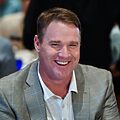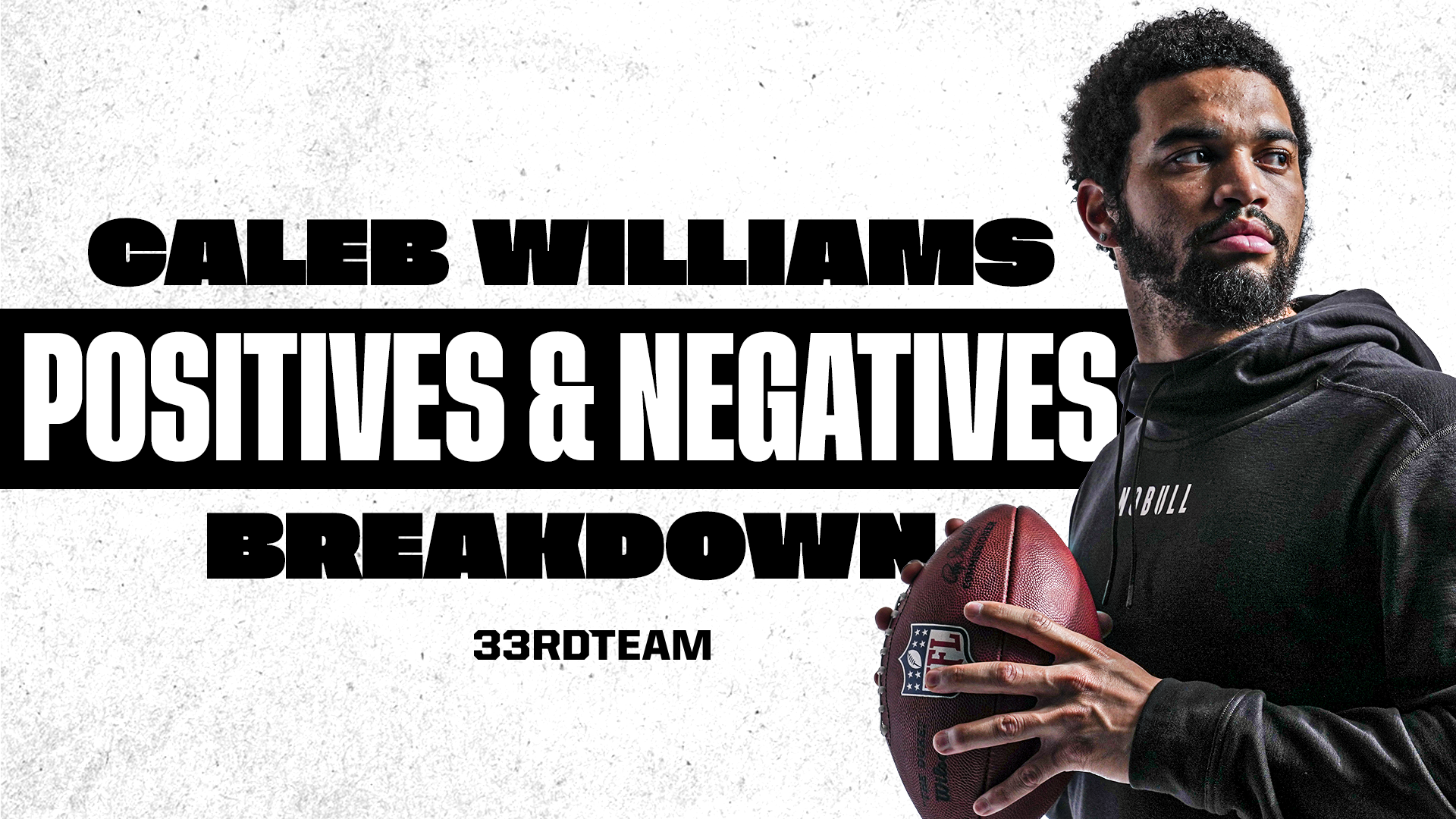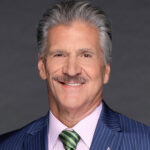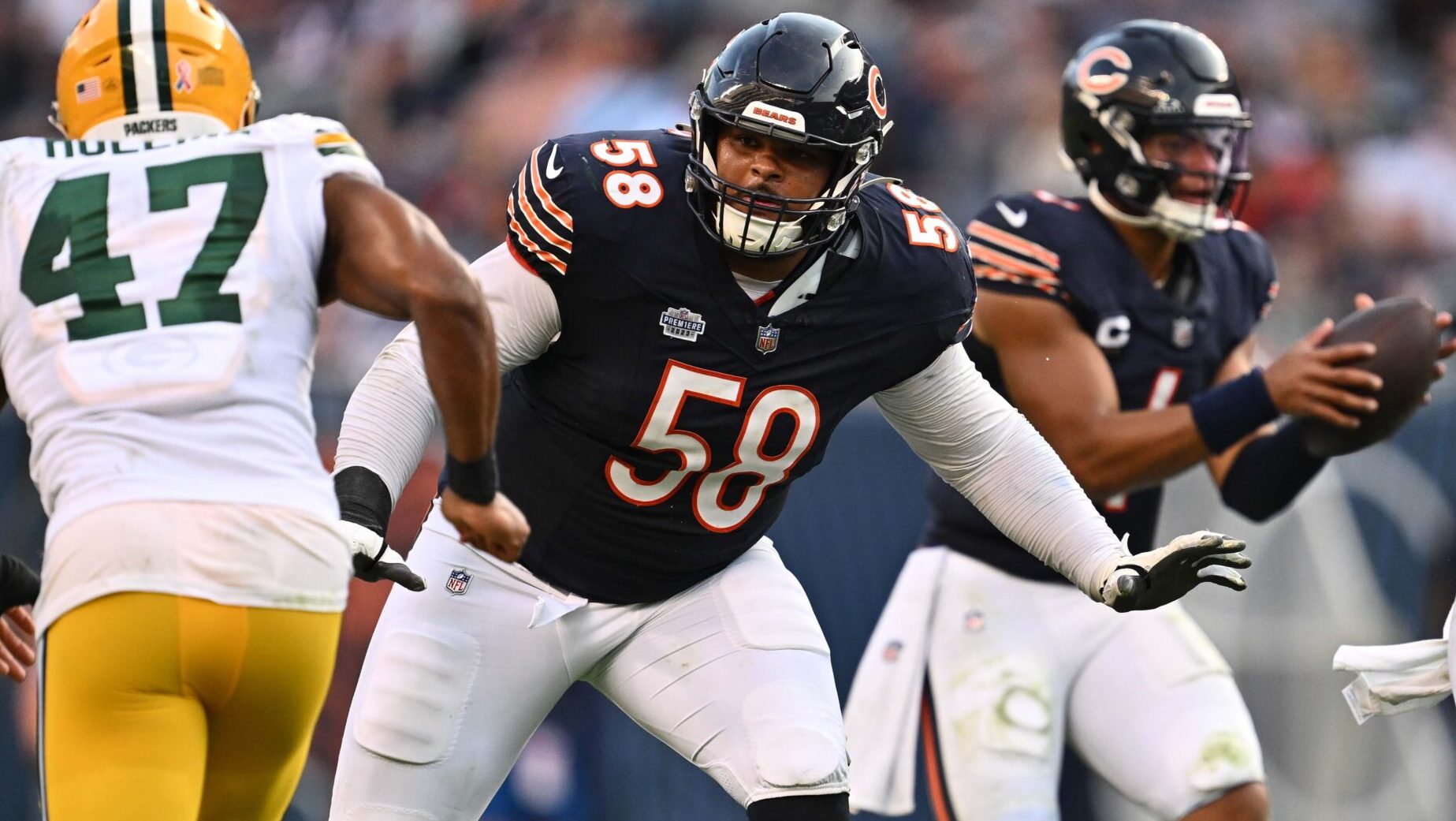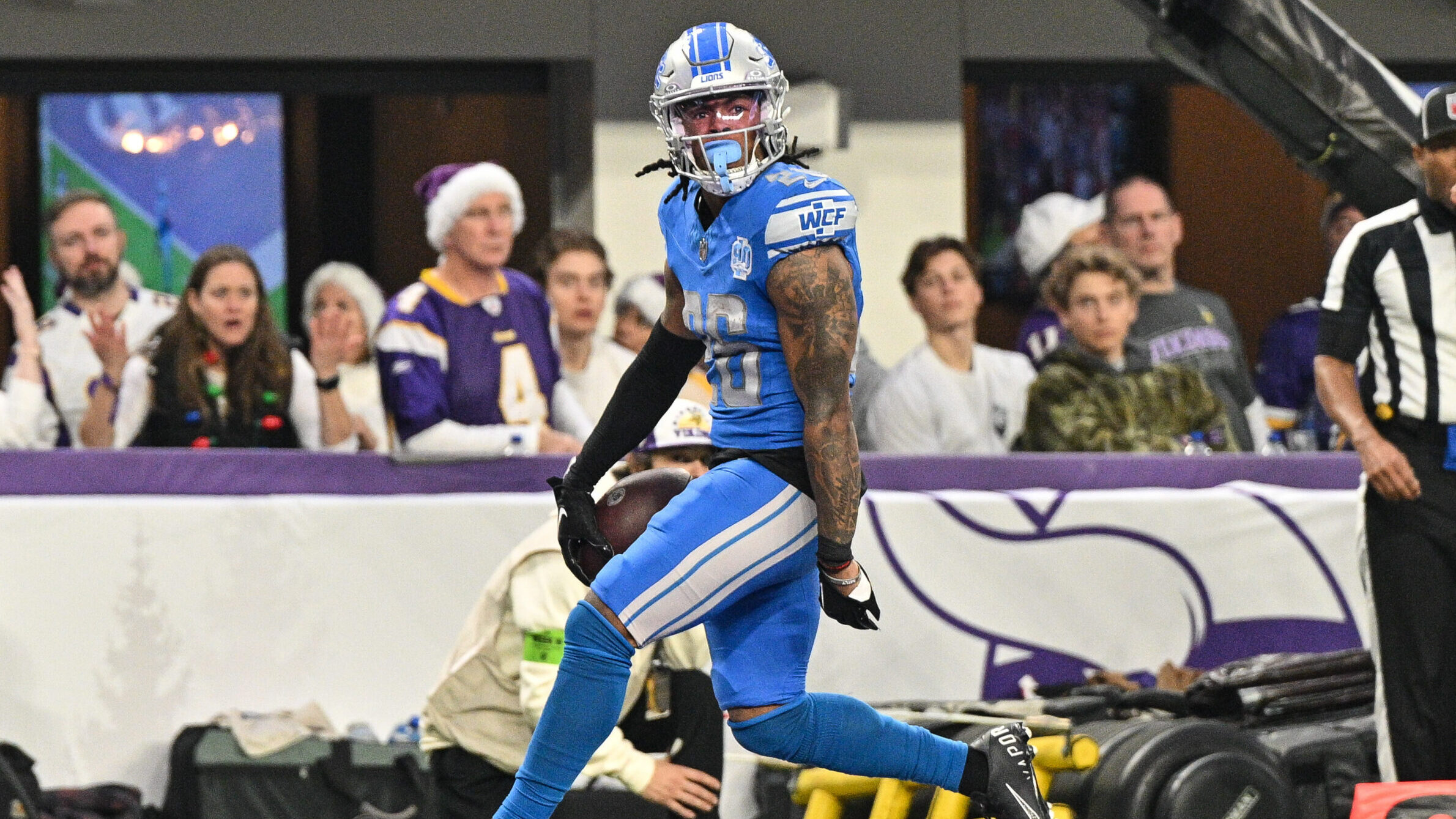Analysis
5/12/21
5 min read
The 5 Key Objectives for an NFL Rookie Minicamp
Second overall pick Zach Wilson and the New York Jets were one of three teams that held rookie minicamps last weekend, while the remaining 29 NFL squads will begin their rookie camps this Friday. It’s a short three days, but it’s a very important time – both for the rookies who are getting their first taste of NFL experience and for the coaching staffs.
There might be an extra level of importance to this year’s rookie camps because of the NFLPA encouraging veterans to skip OTAs. Regardless, there is a lot that coaching staffs will look to accomplish with the rookies.
We reached out to former Jets and Browns head coach Eric Mangini to ask him: What are the key objectives for coaches during rookie minicamp?
-
No injuries
This objective is about as basic as it gets. It’s not always avoidable, but there are things to consider. Keep in mind that players in rookie camp have been busy in recent months focusing on combine-related drills and Zoom interviews.
“They’ve been doing everything but football,” said Mangini. “So then to bring them in for a rookie camp… They definitely haven’t done (organized football activities) without thinking. They haven’t done them in a long time, so you can get a lot of soft tissue tear.”
It’s good to have the rookies out on the field, but this is not the time to dial up the intensity.
-
Soft launch
It’s the rookies’ first organized team event, but it’s also a new opportunity for the coaching staff – especially for rookie head coaches. Mangini recalled that he had a chance to hold a veteran camp prior to the draft in his first offseason as Jets head coach in 2006. He opted not to, mainly because he didn’t want his first time on the field with a new coaching staff to be with the veterans.
“So the rookie camp was fantastic,” said Mangini, “because you could go out there before the vets get there and make a bunch of mistakes as a coaching staff as you’re getting used to each other.”
The soft launch approach is just as important for returning staffs. “It gave you a chance to sharpen the saw before the vets come in. I liked that aspect of it a lot,” said Mangini.
“I’ve never opened a restaurant, but I imagine there’s a lot of similarities. It wasn’t one thing; it was like 100 little things. … It could be the way the fields are configured. It could be the video, the post-practice cooldown, the stretching. It wasn’t one gigantic thing. It was a ton of stuff that you just don’t think about covering in a coaching meeting. How the meetings are gonna be set up, the individual meetings. All those things. You have a vision of what you want it to look like. But you have to go through it and articulate it.”
-
Teaching moment
When it comes to introducing the game plan and installing new concepts, Mangini wanted to throw as much at the rookies as possible – and see what sticks.
“It sets an expectation,” he said. “This is where we are from a learning perspective. This is what we assume that you’ll be able to do. And that can be a wake-up call for some guys.”
While the coaches had a chance to interview players during the draft process, they really don’t know what the players are like in the classroom or on the practice field. Minicamp is a chance to get a feel for that – and maybe adjust expectations if necessary.
“Maybe that first-round pick is going to be a little harder to learn than you anticipated. Maybe there’s someone in the later rounds that you thought was going to struggle with information, and he looks way better than you thought. So it gives you a chance to learn about the players that way.”
-
Identify the overachievers
While the fans and the media are focused on the top picks at a team’s rookie camp, the coaches have a keen eye on those rookies that are not guaranteed a roster spot.
“I loved the tryout aspect of rookie minicamp,” said Mangini. “You could find some guys at the end of the roster that come in and surprise you.”
Mangini’s message for undrafted free agents in their first NFL camp: “It doesn’t matter how you got in the room. It just matters that you’re in the room. Whatever you guys individually decide to do with the seat that’s been given to you in this room is really up to you.”
-
Setting expectations
Most every rookie in an NFL camp had been the big man on college campus – and is now low man on the totem pole. It’s important for coaches to use this time in a smaller setting to reset the rookies’ expectations.
“As fantastic as their careers have been to that point, and as many accomplishments as they’ve had, the reality is that nobody cares about that anymore,” said Mangini. “And in our world, there is no graduating class. It’s not four years and then get that diploma and move on. Everybody’s here and everybody’s competing, and those guys that have been there already have a huge head start over the rookies. And they’re not interested in giving up their jobs, their livelihoods and their paychecks.
“It’s not about making them afraid,” said Mangini. “It’s making them aware of what this environment is.”



